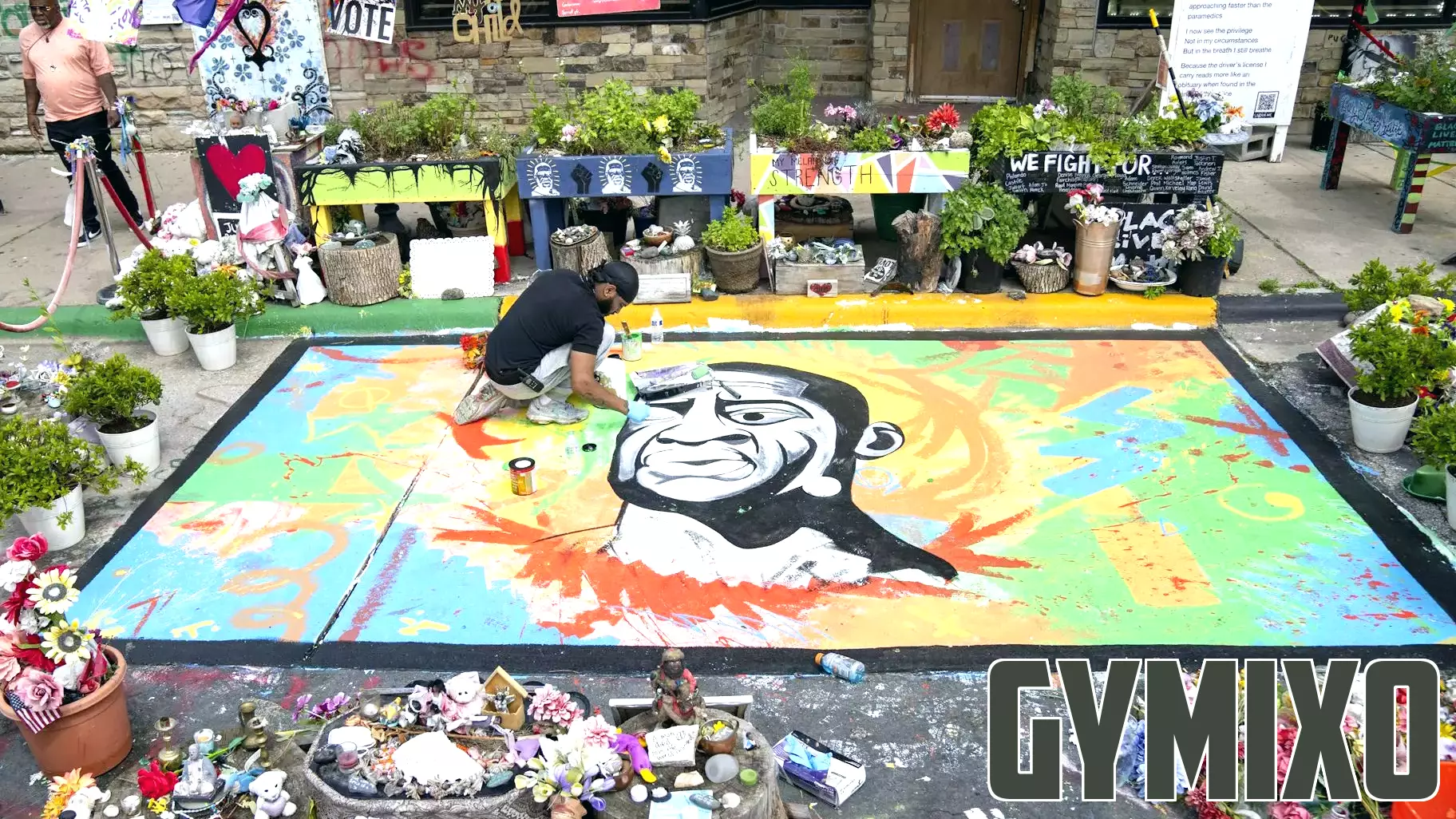January 26, 2025 - 16:59

The ongoing public health crisis of racial trauma within Black communities necessitates a critical examination of the historical and systemic factors that contribute to this issue. To effectively address the mental health challenges faced by Black individuals, it is essential to confront the colonial and imperial legacies embedded within psychiatry and other mental health professions.
These legacies have often marginalized Black voices and experiences, leading to a lack of culturally competent care. The impact of anti-Black racism can manifest in various forms, including increased rates of anxiety, depression, and other mental health disorders. Moreover, the stigma surrounding mental health in many Black communities can deter individuals from seeking help.
To foster healing, mental health professionals must engage in a reflective process that acknowledges these historical injustices and actively works to dismantle them. This involves creating safe spaces for dialogue, promoting culturally relevant therapeutic practices, and advocating for policies that support equitable mental health care access. Only by addressing these foundational issues can we begin to resolve the trauma experienced by Black individuals and communities.



